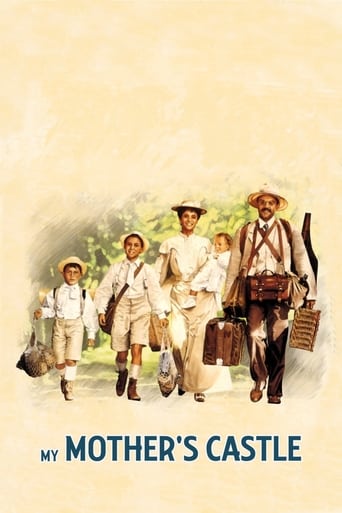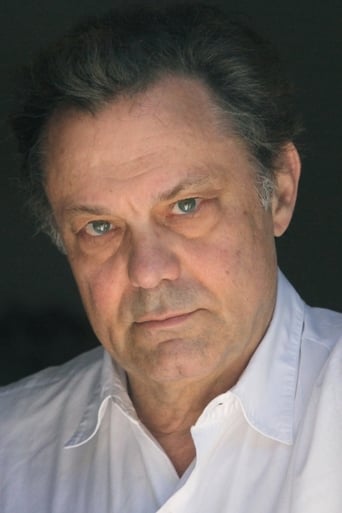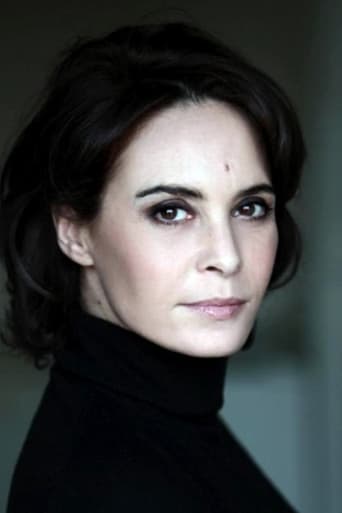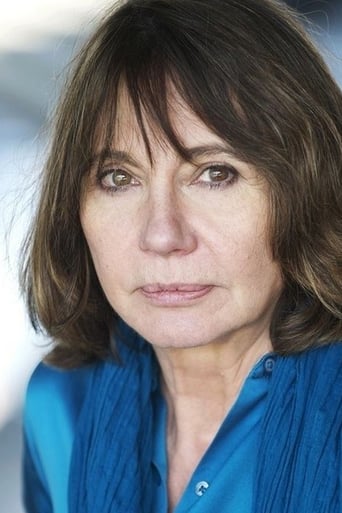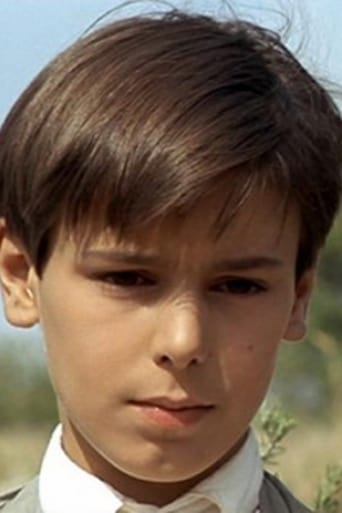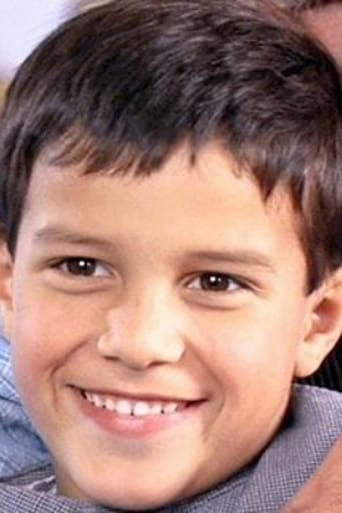Flyerplesys
Perfectly adorable
Pacionsbo
Absolutely Fantastic
SanEat
A film with more than the usual spoiler issues. Talking about it in any detail feels akin to handing you a gift-wrapped present and saying, "I hope you like it -- It's a thriller about a diabolical secret experiment."
Ezmae Chang
This is a small, humorous movie in some ways, but it has a huge heart. What a nice experience.
Turfseer
"My Mother's Castle," also known in French as "Le Château de ma mère, is the sequel to a two-part series of films based on famed playwright, novelist and filmmaker Marcel Pagnol's childhood memoirs set in turn of the century France. "My Mother's Castle," is a continuation of the story of Marcel, Pagnol's protagonist, a young boy who grows up under the tutelage of his father, Joseph, a public school teacher in Marseilles. Unlike the first film, "My Father's Glory," the sequel focuses more on Marcel, instead of the uninspiring conflict between father Joseph and Uncle Jules, one a confirmed atheist and the other, a devoted Catholic. Of the two films, I found "My Mother's Castle" superior to "My Father's Glory," not only because it moves at a brisker pace, but there are more interesting things happening to Marcel and his family (instead of the long-winded tale involving hunting).We find out first that the family's trip to the country home outside Marseilles takes place mostly on foot. This becomes an important piece of information later on which will be discussed in a moment. Marcel soon becomes smitten with an eccentric young girl, Isabelle, who orders him to dress up in different outfits. Isabelle's parents are as eccentric as she is, and soon the children's relationship ends when Joseph decries that Marcel isn't allowed to see them again. Interestingly enough, the family is forced to give up their expensive digs after the father, a newspaper columnist, insults his boss and is presumably let go.The encounter with Bouzigue, Joseph's former pupil, leads to some even more interesting complications. Bouzigue is a canal worker, who offers a key to Joseph, that opens various doors along the path next to the canal; this allows the family to take a shortcut and save them hours of traveling to the country home. The only problem is that while taking the shortcut, the family ends up trespassing on the private property of various noblemen who own houses along the waterway. At first, Joseph refuses to even consider the idea, but wife Augustine persuades him to take the shortcut, as it enables the family to make the trip to the country house every week.Joseph ends up rationalizing his decision to accept Bouzigue's offer but deep down knows he's going up against his moral code. It's a fascinating quandary Joseph finds himself in, and I'm sure Joseph's decision will remind most of us that we've occasionally been guilty of an ethical lapse or two in our lives. The family's encounter with the first property owner ends up quite benign as the man turns out to be a thoroughly gracious and helpful fellow. A groundskeeper on another estate allows the family to pass through unimpeded. On the family's second trip, things go completely awry as they find the last door padlocked, and a surly caretaker at the last estate threatens to write an official report that could lead to Joseph being fired and losing his pension. Unlike the first film, there's a real dark moment here, and it's nicely resolved in the third act when Bouzique and his co-workers get the caretaker to tear up his report by threatening him with violating the canal company's rules about padlocking their doors. The story also takes us back to Marseilles where Marcel must pass a big exam to obtain a scholarship at the most prestigious school in the country. Marcel's Mom has a little more to do here than in the first film where she plays the part of a stay at home Mom."My Mother's Castle" ends on a sad note. We learn that Augustine dies five years later and leaves Joseph bereft. Marcel's childhood friend from the countryside, Lili, dies in World War I and brother Paul not long afterward, at the young age of 31. Marcel eventually becomes a film director, and while checking out an old house his company has bought for a film studio, he discovers it's the very same house where his family met the unpleasant caretaker and almost ended Joseph's career."My Mother's Castle" is a wistful remembrance of the childhood of author Pagnol. If we think back, I'm sure there are a few extraordinary tales we can recall about our childhood. The narrative is put together in such a way that it reminds us of how impressionable we can be as children and that the events of those times leave a lasting impression that can never be forgotten, even when one reaches the last days of old age.
kenjha
A family that makes weekly trips to the French countryside decides to reduce the trip time by cutting through the properties of some neighbors, leading to conflicts. Based on Pagnol's autobiographical novel about his youth, this is a gentle family film that is enjoyable enough but fails to become anything more than a pleasant diversion. The tone is low-key, and perhaps too much so. The coda, where the story flashes forward from the protagonist's childhood to adulthood, seems tacked on and rather ludicrous. Pagnol's novels "Jean de Florette" and "Magnon of the Spring" were turned into fabulous films, but this novel does not translate as well to the screen.
writers_reign
I'm delighted to find that every single comment on this beautiful movie is Positive, indeed, it would be difficult if not impossible to find anything negative to comment on. If you've ever been a child, if you ever had a beautiful but fragile mother, if you ever danced and skipped through a Golden childhood - or just wished you did - then this is for you; it's Meet Me In St Louis without the songs, It's I Remember Mama without the Norwegian accents, The Happy Time without the Canadian overtones and any other film you can think of that evokes those fleeting days of enchantment When We Were Very Young. Above all it's a wonderful antidote to the angst, stress, violence etc that comprise the fabric of the modern cinema - and don't even mention the anti-cinema brigade as personified by Godard who could no more shoot even one Frame as lyrical as this than he could master Mandarin in 24 hours. It would be churlish to single out anyone from the superlative cast and the only thing better than watching it for the first time is to watch it for the twentieth. Magnifique.
Bill-308
"My Father's Glory," and its sequel "My Mother's Castle," tell the story of a young boy's "wonder years" growing up in a family with an adored father, a lovely but frail mother, and assorted eccentric relatives and friends. These are incredibly charming films that feature none of the violent action and highly charged emotions that we've come to expect in popular films today. Instead, they celebrate the simple joys of life in a warm and loving family. When minor but unexpected events occasionally disrupt the day-to-day flow of events, they can seem like terrible disasters. On the other hand, a simple visit to the country can seem like a tremendous adventure. It's not necessary to have seen "My Father's Glory" to enjoy "My Mother's Castle." In fact, I happened to see them out of order and I loved them just the same. But if I had my preference, I'd watch them in order. The final scene of "My Mother's Castle" is emotionally powerful and satisfying; for me it confirmed that every minute I'd invested in these films was worthwhile. I wanted to get up there on the screen and help. In French with English subtitles.
